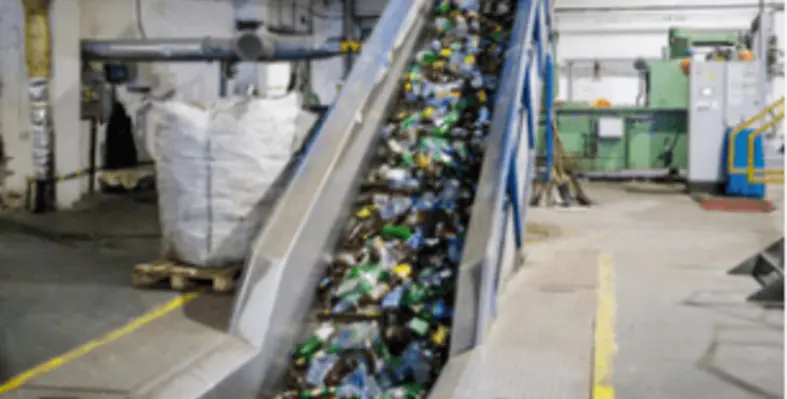Del Monte, one of the leading providers of fresh food to consumers around the globe, has exerted more efforts in several fields including waste management to continue its Middle East and North Africa (MENA) sustainability drive
“Our commercial operations go hand-in-hand with our sustainability efforts which have always been a part of Del Monte’s DNA since its early days,” commented Taymour Shukri, the regional QA and HSE manager, Del Monte.
“The end-to-end waste management operations we run include recycling cardboards, papers, plastics, treating drain water from production operations and re-using it for irrigation of perimeter garden and greeneries, as well as ensuring proper disposal of land fill waste.”
To help the environment and get valuable revenues; cardboards, papers and plastics are sold to vendors for recycling, and considerable amount of funds is saved on a monthly basis from selling these items. Del Monte was able to make considerable revenues in the Middle East and North Africa (MENA) region in 2017 and 2018, as well as during the period from January to June 2019.
“Adopting an effective waste management policy doesn’t only aim to help us reduce cost and create revenues from the waste we recycle; it primarily targets reducing the effect of our operations on the environment and mitigating our environmental footprint with the aim to achieve sustainability and preserve the environment in the places where we operate,” Taymour Shukri added.
Del Monte has established a Waste Watch Committee, which continuously monitors and controls the waste generated at various sites including farms and production facilities. The Committee’s mandate include recycling, reusing and even selling various types of wastes, where feasible.
The Committee witnessed significant reduction in carton waste during the first six months of 2019 compared to previous year, with a reduction percentage in the volume (kilograms) reaching to six per cent.
Plastic waste volume increased by 26 per cent due to the packaging resulting from the addition of a newly joined operation, however there was an overall reduction of one per cent in packaging compared to last year.














